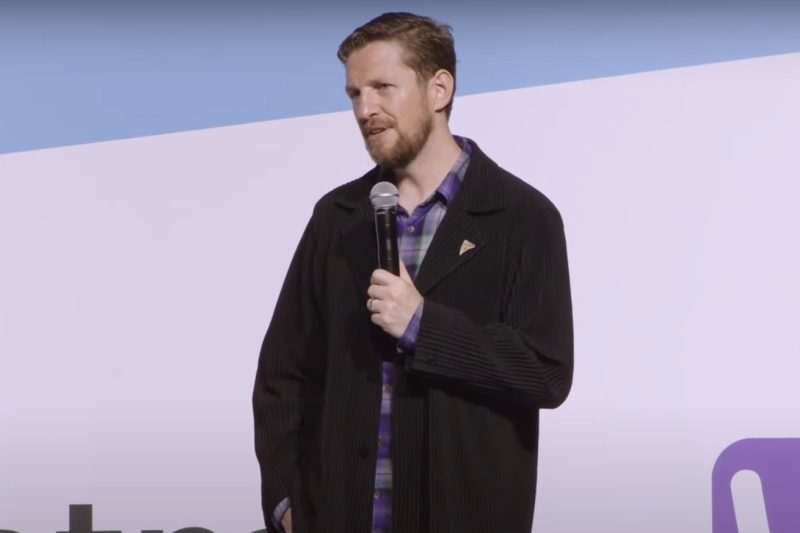In recent years, WordPress has experienced its fair share of controversy and drama within its community, leaving many users and developers bewildered. The messy WordPress drama can be traced back to various events and decisions made within the open-source platform. Let’s delve into some of the key factors that have contributed to the turbulence in the WordPress world.
1. Gutenberg and the Block Editor:
One of the major points of contention in the WordPress community has been the introduction of the Gutenberg block editor. Launched as a fundamental overhaul of the content editing experience, Gutenberg aimed to provide a more intuitive and flexible way to create and design content. However, this drastic shift from the classic editor sparked a debate among users, with some embracing the change for its modern features while others expressed frustration over the steep learning curve and compatibility issues with existing plugins and themes.
2. Plugin and Theme Guidelines:
Another area that has stirred up conflicts in the WordPress community is the enforcement of plugin and theme guidelines. With a vast repository of free and premium plugins and themes available, WordPress has been struggling to maintain quality control and security standards. The stringent guidelines imposed by WordPress.org have led to conflicts with developers who find the rules restrictive and arbitrary, creating a divide within the community regarding the balance between innovation and regulation.
3. Ownership Changes and Acquisitions:
The landscape of WordPress ownership has also been a source of drama, with companies acquiring popular plugins and themes, raising concerns about the impact on the platform’s stability and independence. High-profile acquisitions like the purchase of WooCommerce by Automattic and the acquisition of popular themes by third-party companies have sparked debates over the commercialization and centralization of WordPress, prompting discourse on the future direction of the platform.
4. Community Governance and Communication:
Effective communication and community governance have been critical issues in the ongoing WordPress drama. The lack of transparency in decision-making processes, the perception of favoritism, and the absence of clear channels for community feedback have led to frustration and alienation among users and developers. Calls for more inclusive and democratic governance models have been voiced, emphasizing the need for greater accountability and representation in shaping the future of WordPress.
5. Competition and Innovation:
Amidst the turmoil, the competitive landscape of the content management system (CMS) market has added another layer of complexity to the WordPress drama. Rival platforms such as Shopify, Wix, and Squarespace have been gaining momentum with their user-friendly interfaces and integrated solutions, posing a challenge to WordPress’s traditional dominance. The pressure to innovate and adapt to evolving user demands while maintaining the platform’s core values has heightened the tensions within the WordPress community.
Despite the controversies and conflicts that have engulfed the WordPress ecosystem, one thing remains clear: the passion and dedication of its diverse community. As users, developers, and enthusiasts continue to navigate the turbulent waters of the messy WordPress drama, the shared goal of empowering individuals and organizations through open-source technology serves as a guiding light amid the storm. Only time will tell how the WordPress saga unfolds and whether the community can unite and thrive in the face of adversity.

